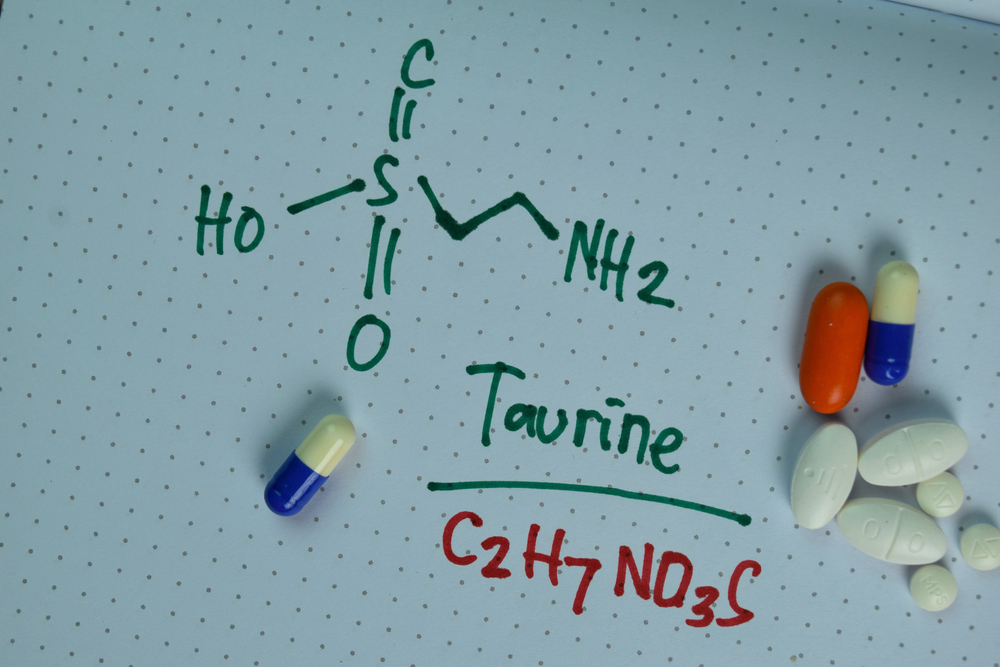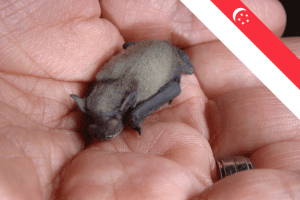Discover how taurine, an amino acid found in meat and shellfish, could hold the key to healthy ageing.
Recent research indicates that supplementing with taurine may slow down the ageing process, leading to longer and healthier lives. Find out how this nutrient has shown promising results in animal studies, and explore its potential implications for human health.
What is Taurine?
Taurine is an amino acid that is naturally produced in the body, mostly in the brain, heart, and reproductive organs. Taurine can be obtained through the diet by consuming meat, fish, eggs, and certain dairy products.
Shellfish, dark chicken, and turkey meat contain the highest levels of taurine, while other meats contain moderate amounts. Dairy products such as milk and ice cream also have taurine, albeit less of it.
Taurine has been a familiar ingredient in energy drinks and has been known to improve energy and performance, as well as to be a part of obesity treatments. However, its potential role in ageing is a recent discovery.
Impact of Taurine on Ageing in Study
In a groundbreaking study published in Science, an international group of researchers reported promising results after supplementing middle-aged animals with taurine.
A series of experiments conducted over 11 years led by Vijay Yadav from the National Institute of Immunology in New Delhi, India, found that taurine levels decline dramatically with age in mice, monkeys, and humans. When older mice and monkeys were supplemented with taurine, they demonstrated better health and a longer lifespan. For instance, in mice, the supplementation led to less weight gain, increased bone density, improved muscle endurance and strength, reduced insulin resistance, a better-functioning immune system, and a 10% longer lifespan. In monkeys, supplementation prevented age-related weight gain, improved fasting blood sugar levels, increased bone density, led to healthier livers, and improved immune system function.
Research in Humans
Research in humans has not been conducted, but observational data from a large study of 12,000 people showed that people with higher taurine levels tended to be healthier—with lower levels of blood glucose, cholesterol, and inflammation, all of which are associated with ageing—compared to those with lower taurine levels. Taurine levels also rose with exercise.
However, the researchers have emphasised that the effects of taurine on ageing need to be verified in human studies. They don’t recommend buying off-the-shelf taurine or drinking energy drinks for the purpose of supplementing taurine. The decision to supplement with taurine should be based on comparing the benefits and risks, which may depend on age and the population.
Taurine supplements have shown promise in animal studies, it is essential to await the results of human clinical trials before recommending widespread supplementation. If future research confirms the benefits of taurine supplementation, it could open up new possibilities for promoting healthy ageing. However, it is important to note that the dosage for humans and potential safety issues associated with higher doses are still unknown.
Other Nutrients that Affect Ageing
In wrapping up this exploration on the effects of taurine on ageing, it’s essential to recognise that taurine is just one piece of a larger nutritional puzzle. Other potent nutrients also play crucial roles in slowing the ageing process.
For instance, antioxidants like Vitamin C and Vitamin E can protect our skin from free radicals and sun-induced damage. Vitamin A, often encountered in its retinol form, is known for promoting skin cell turnover and reducing wrinkles.
Omega-3 fatty acids, essential for maintaining cell membrane health, play an indispensable role in skin hydration and overall wellbeing. Polyphenols, found abundantly in plant foods, offer antioxidant and anti-inflammatory properties, with some, like resveratrol, being specifically studied for their potential anti-ageing benefits. Lastly, probiotics, which bolster gut health, are becoming increasingly linked to skin health.
Disclaimer: The information provided in this article is for educational purposes only, and should not be considered medical advice. Please consult with a healthcare professional for more personalised guidance and various treatment options that may be available to you.
References:
- Singh, P., Gollapalli, K., Mangiola, S., Schranner, D., Yusuf, M. A., Chamoli, M., Shi, S. L., Lopes Bastos, B., Nair, T., Riermeier, A., Vayndorf, E. M., Wu, J. Z., Nilakhe, A., Nguyen, C. Q., Muir, M., Kiflezghi, M. G., Foulger, A., Junker, A., Devine, J., . . . Yadav, V. K. (2023, June 9). Taurine deficiency as a driver of aging. Science, 380(6649). https://doi.org/10.1126/science.abn9257
- Can Taurine Slow Aging? Here’s What the Latest Science Says. (2023, June 8). Time. https://time.com/6285686/taurine-anti-aging-supplement-science/
- Taurine, a nutrient added to energy drinks, slows aging in animals — and maybe humans, too. (2023, June 8). NBC News. https://www.nbcnews.com/health/aging/taurine-aging-energy-drinks-protein-food-study-rcna88259
- Traber, M. G., & Stevens, J. F. (2011, May 25). Vitamins C and E: Beneficial effects from a mechanistic perspective. PubMed Central (PMC). https://doi.org/10.1016/j.freeradbiomed.2011.05.017
- Huang, Z., Liu, Y., Qi, G., Brand, D., & Zheng, S. G. (2018, September 6). Role of Vitamin a in the Immune System. PubMed Central (PMC). Retrieved June 14, 2023, from https://www.ncbi.nlm.nih.gov/pmc/articles/PMC6162863/
- Gammone, M. A., Riccioni, G., Parrinello, G., & D’Orazio, N. (2018, December 27). Omega-3 Polyunsaturated Fatty Acids: Benefits and Endpoints in Sport. PubMed Central (PMC). Retrieved June 14, 2023, from https://www.ncbi.nlm.nih.gov/pmc/articles/PMC6357022/













